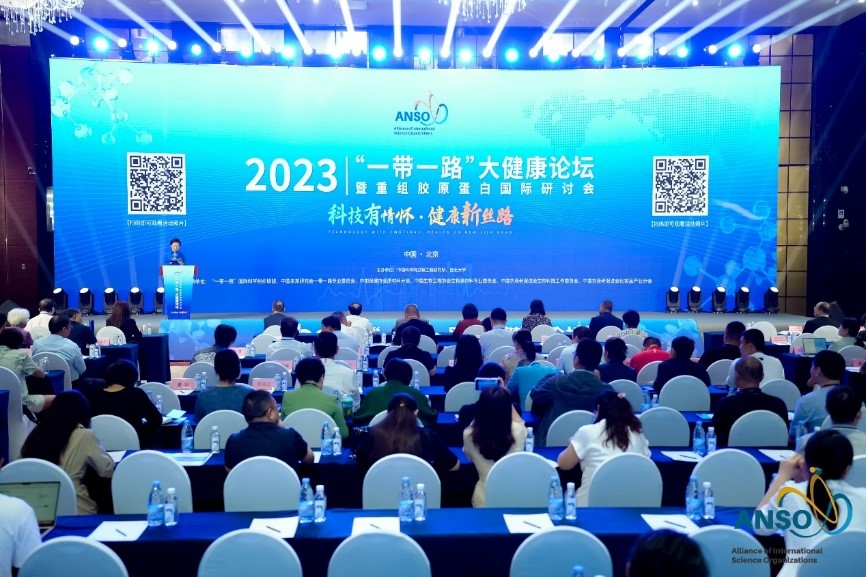China's first cross-ocean passenger flight powered by sustainable aviation biofuel is an important step for the business in China, experts said.
A Hainan Airlines Boeing 787 flew from Beijing to Chicago on Tuesday using Sinopec biological aviation fuel produced from waste cooking oil, part of cooperation on green aviation between China and the United States.
"This is the first cross-ocean flight using biofuel produced by a Chinese company," said Tao Zhiping of the Sinopec petroleum processing research institute.
Sinopec began test flights using bio-energy in 2013, and made its first domestic bio-fuel powered passenger flight in 2015.
"Biofuel is the future of global aviation fuel. It reduces carbon emissions by half," said Tao.
The United States, France and Finland also produce biological jet fuel, he said.
For Tuesday's flight, the fuel was 15 parts biofuel to 85 parts regular jet fuel.
"We collect waste cooking oil from restaurants and can handle 100,000 tonnes of cooking oil every year," said Huang Aibin, a senior engineer with Sinopec Zhenhai Refining & Chemical Company.
Biofuels are produced from recyclable materials such as coconut oil, palm oil, linseed oil, waste cooking oil and animal fats. "Using waste cooking oil to produce jet fuel helps solve the problem of the enormous amount of waste edible oil in China. It is legal, scientific and efficient," said Huang.
Zhenhai refinery has the capacity to supply regular flights to the farthest destinations.
"The problem now is the waste oil. There is no stable and consistent supply yet," he said.
Biofuel costs about three times the price of ordinary jet fuel, so lowering costs is another challenge for the industry, said Chen Yanbin, vice general manager of the Zhenhai refinery.
China consumes around 30 million tonnes of jet fuel every year. If it were all replaced by biofuel, around 33 million tonnes of carbon dioxide could be saved, equivalent to growing 300 million trees, or taking 20 million cars off the road for a year, said Tao Zhiping.
(Source: Xinhua)
 Search
Search




 京公网安备110402500047号
京公网安备110402500047号